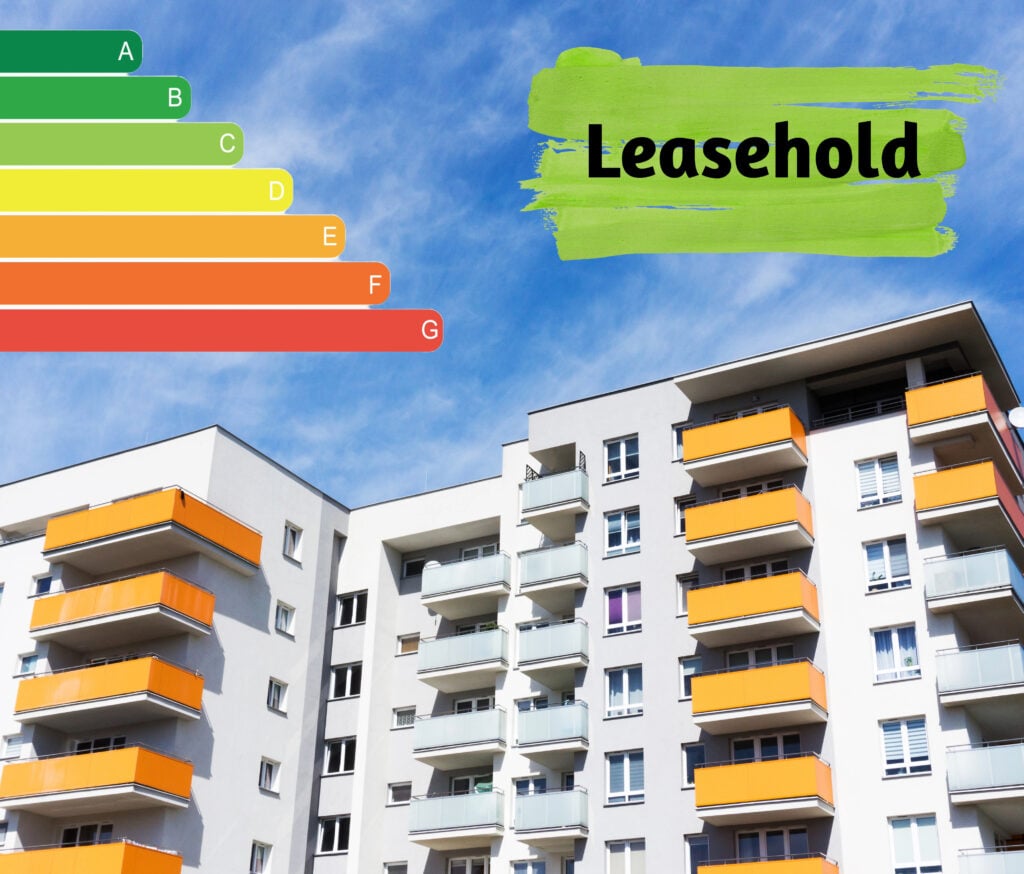
0:06 AM, 12th February 2025, About 3 hours ago
Text Size
The government’s strategy for boosting the energy performance certificate (EPC) ratings in the private rented sector has been met with cautious optimism by one organisation.
The Property Institute (TPI) says that the proposals, which were announced last week, do not consider the hurdles faced by flat dwellers, particularly leaseholders, where upgrades are often restricted.
TPI’s chief communications officer, Jaclyn Mangaroo, said: “The Property Institute welcomes the government’s announcement on improving energy efficiency in the private rented sector, but the proposals do not directly address or consider the unique challenges faced by those living in tall buildings, particularly in leasehold blocks, where improvements are typically prohibited.
“With over 20% of households in England and Wales living in flats, maisonettes and apartments, and nearly five million leasehold homes in England — many in older, inefficient tall buildings — decarbonisation efforts must account for the legal and architectural barriers preventing improvements and upgrades.”
The government’s plans to raise energy efficiency standards in private rentals will require new tenancies to have an EPC rating of C by 2028.
All existing tenancies must meet this standard by 2030.
This extended timeline, according to the government, allows landlords more time to prepare and carry out necessary upgrades.
Legislation is expected in 2026, at which point a cost cap – currently proposed at £15,000 – will be finalised.
Landlords are being encouraged to begin improvements before the 2028 deadline.
However, Ms Mangoroo said: “Almost 40% of leasehold homes are rented out in the private sector, so without a specific mechanism in place to improve these homes, the supply of rental homes will be significantly impacted if they cannot meet the EPC targets.
“To truly tackle fuel poverty and meet net zero targets, the Government must develop a tailored strategy and funding mechanisms to support retrofitting and low-carbon heating in high-rise housing.”
Speaking about the government’s plans to consult on its EPC C proposals, Timothy Douglas, Propertymark’s head of policy and campaigns, said: “This consultation and the proposals to extend the Minimum Energy Efficiency Standards for the private rented sector in England and Wales have long been anticipated.
“However, Minister Miliband must realise it’s not about fighting landlords and people on climate change; it’s about creating realistic and achievable energy efficiency targets that acknowledge the challenges our housing sector faces in adapting and making the necessary improvements in an affordable way.”
He added: “Landlords are part of the solution, but the UK government must listen and support them as housing providers.
“Failure to do so alongside adequate and sustained grant funding, will only mean that property will not be available to rent, and tenants lose out when there is huge demand for rented property across the country.”
Tenants and landlords are being asked to share their thoughts on government proposals aimed at improving private rental housing and lowering energy costs. The deadline for doing so is 26 February.